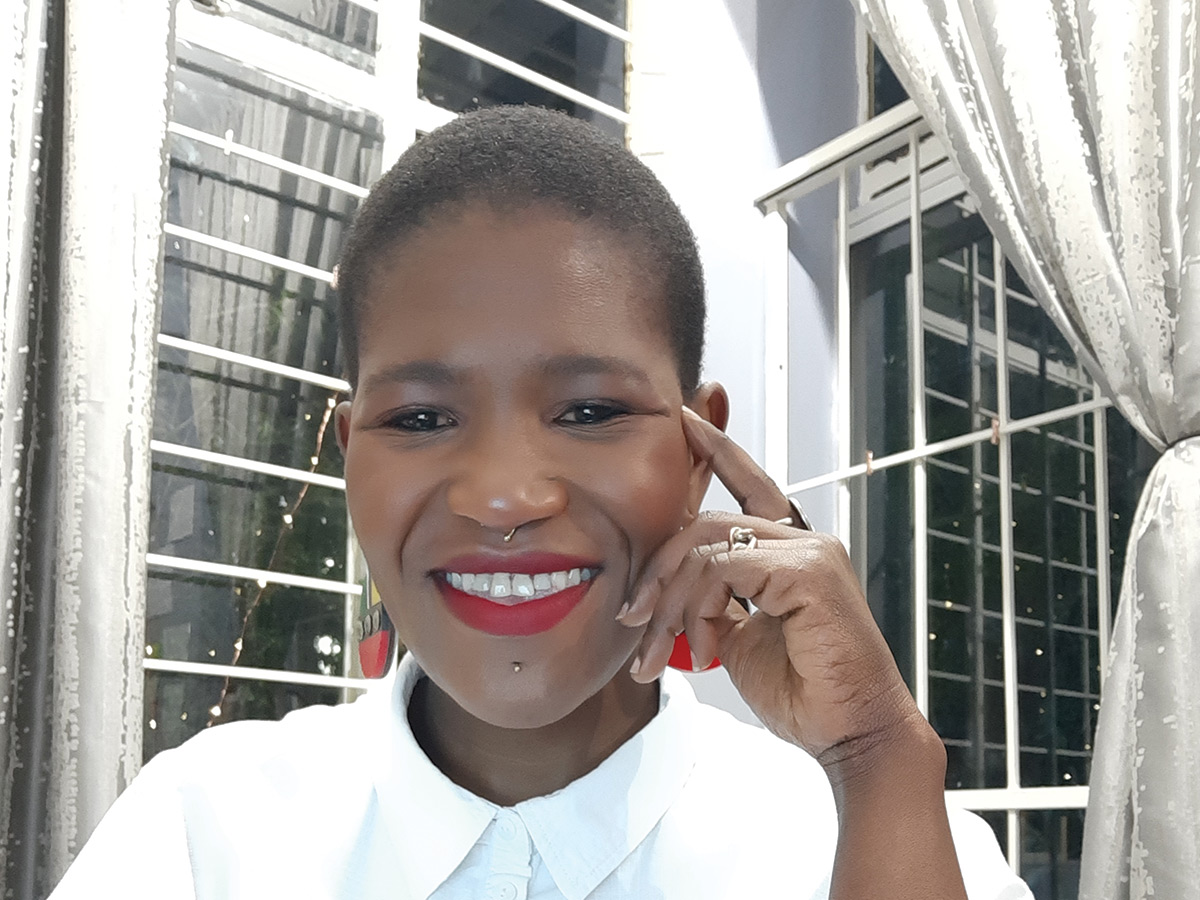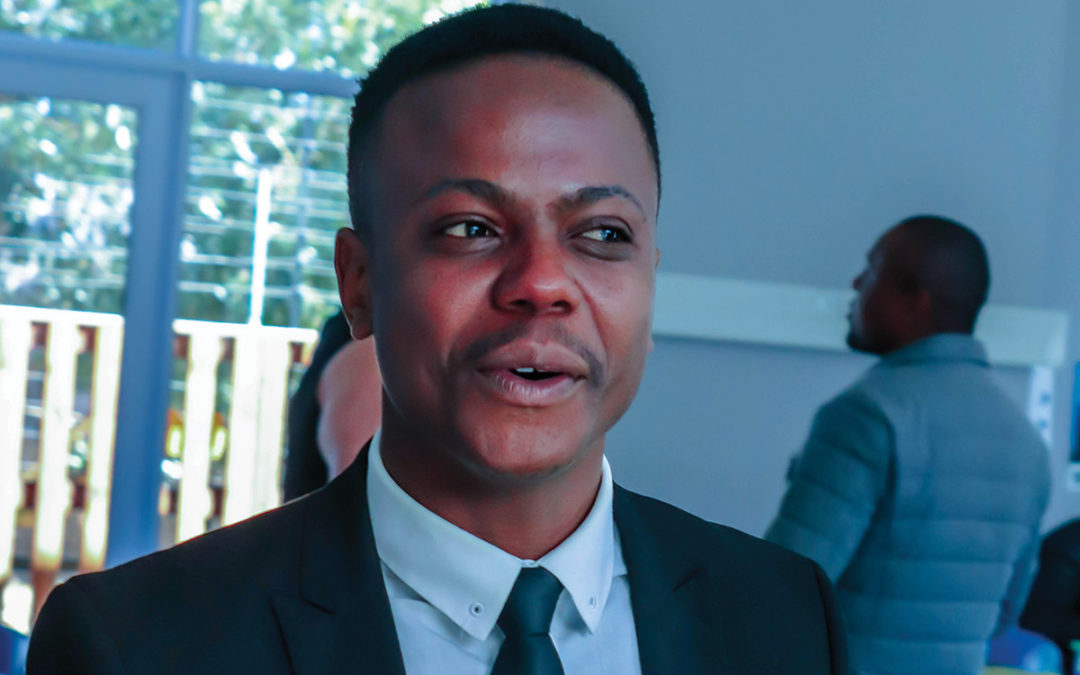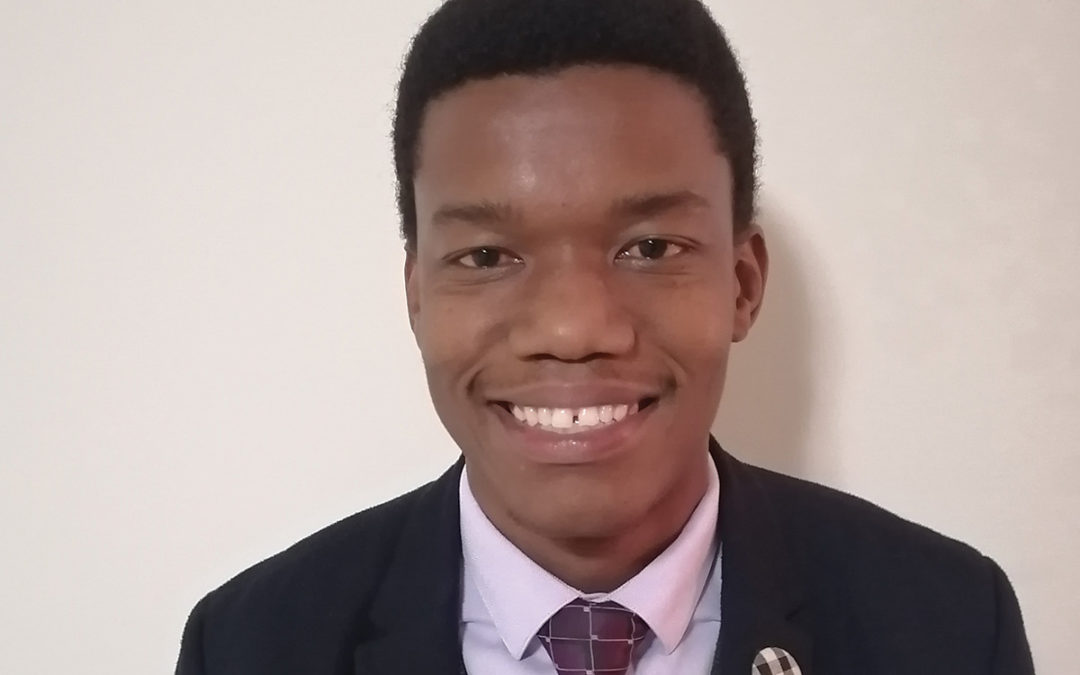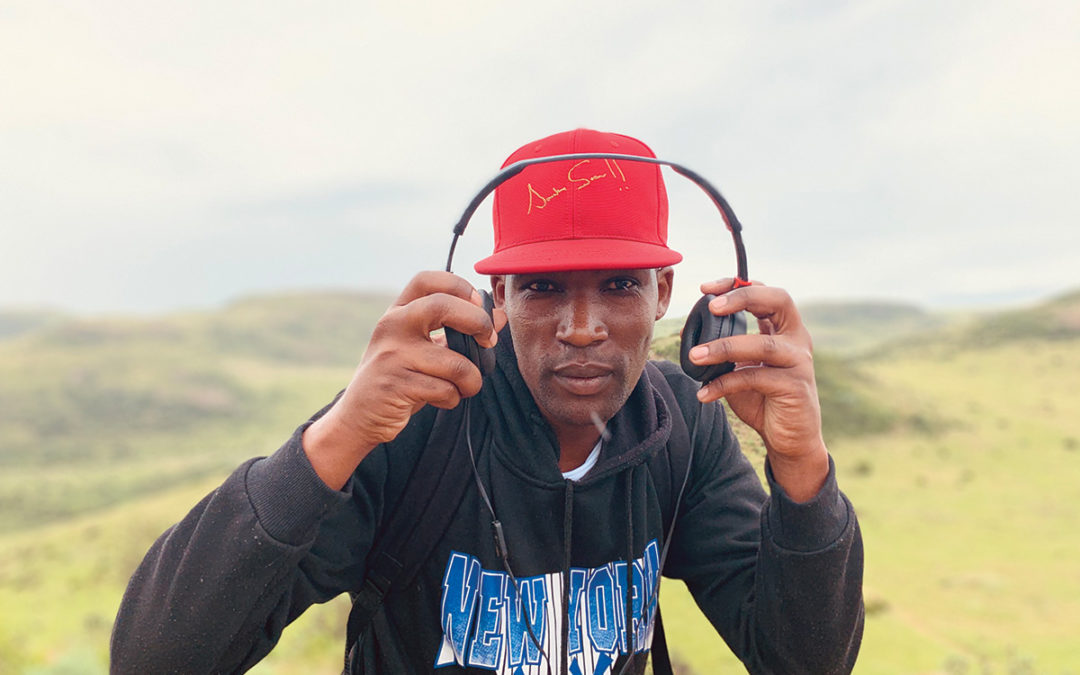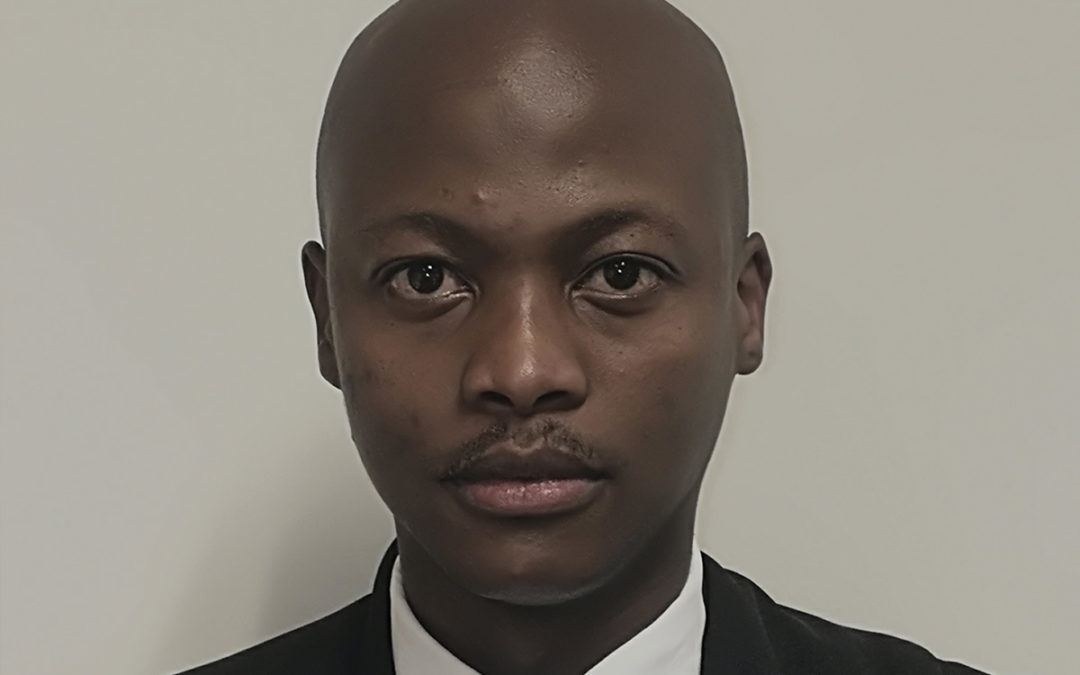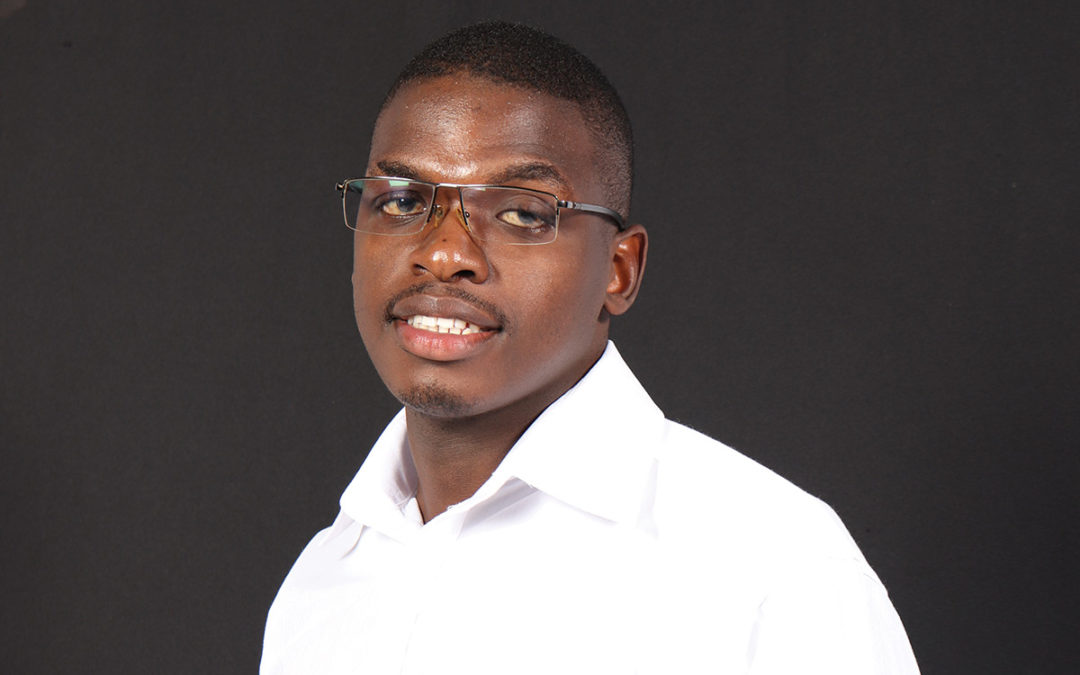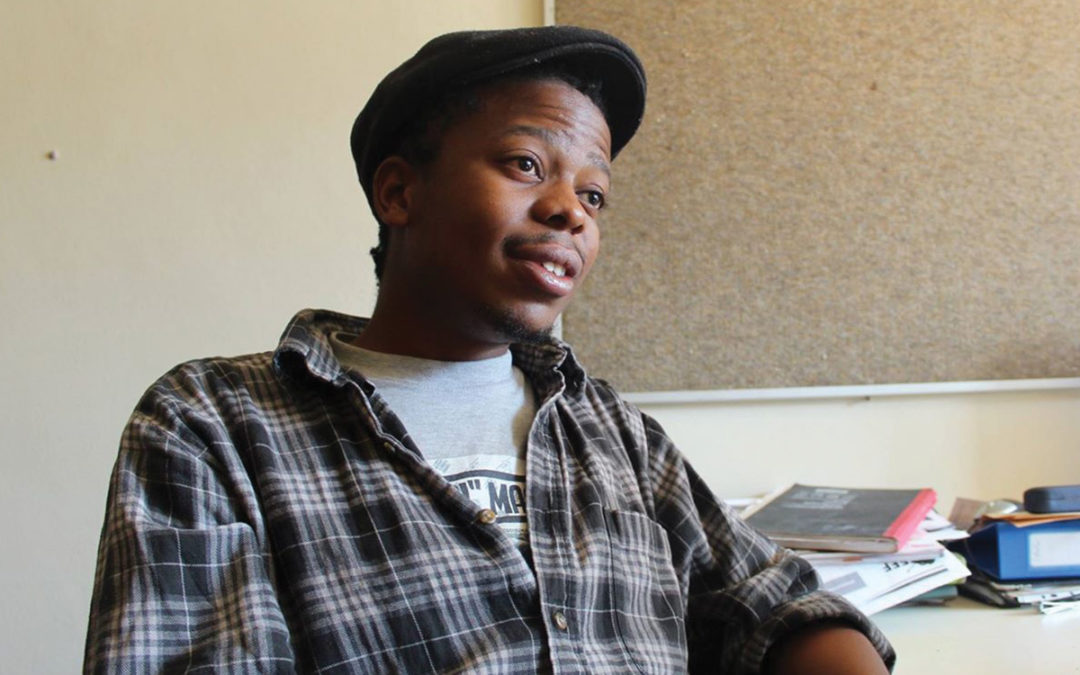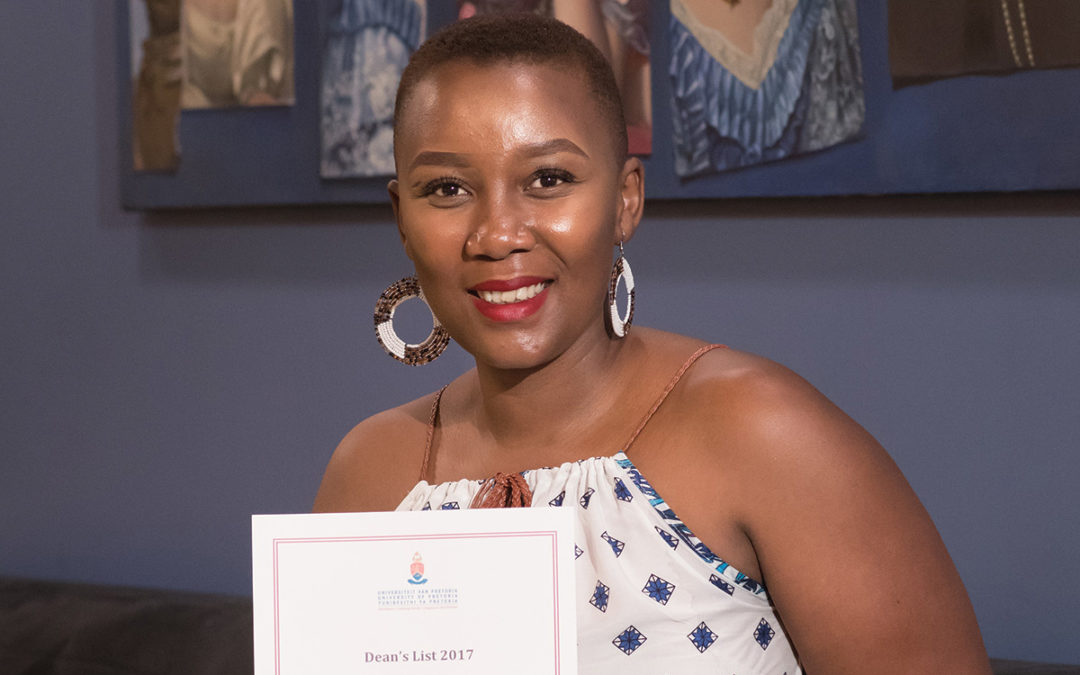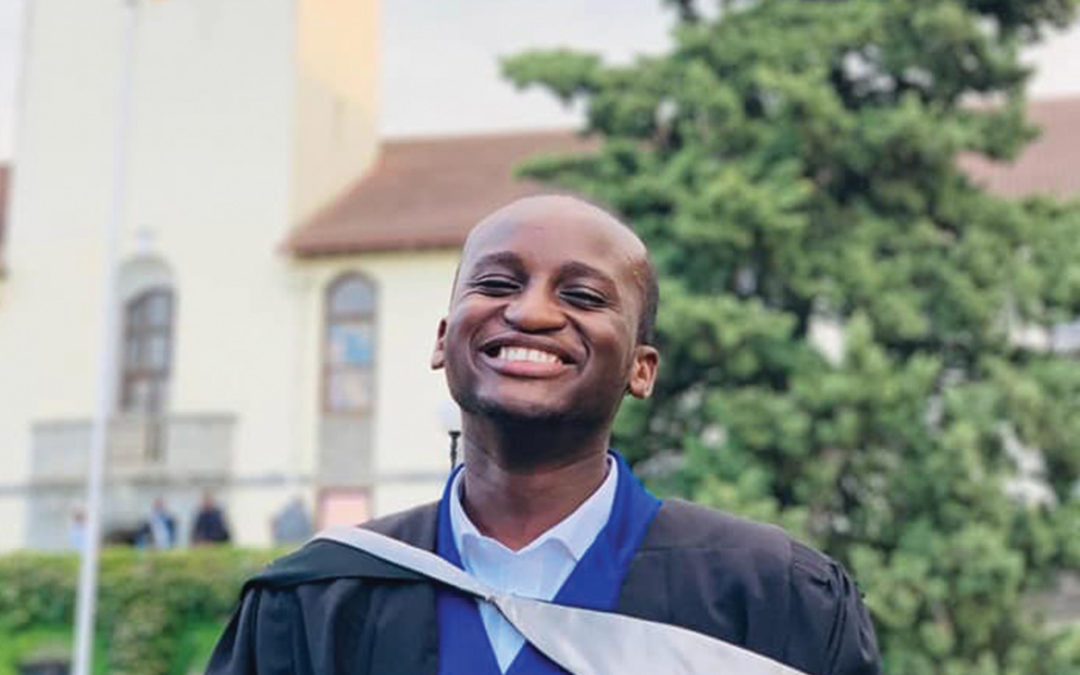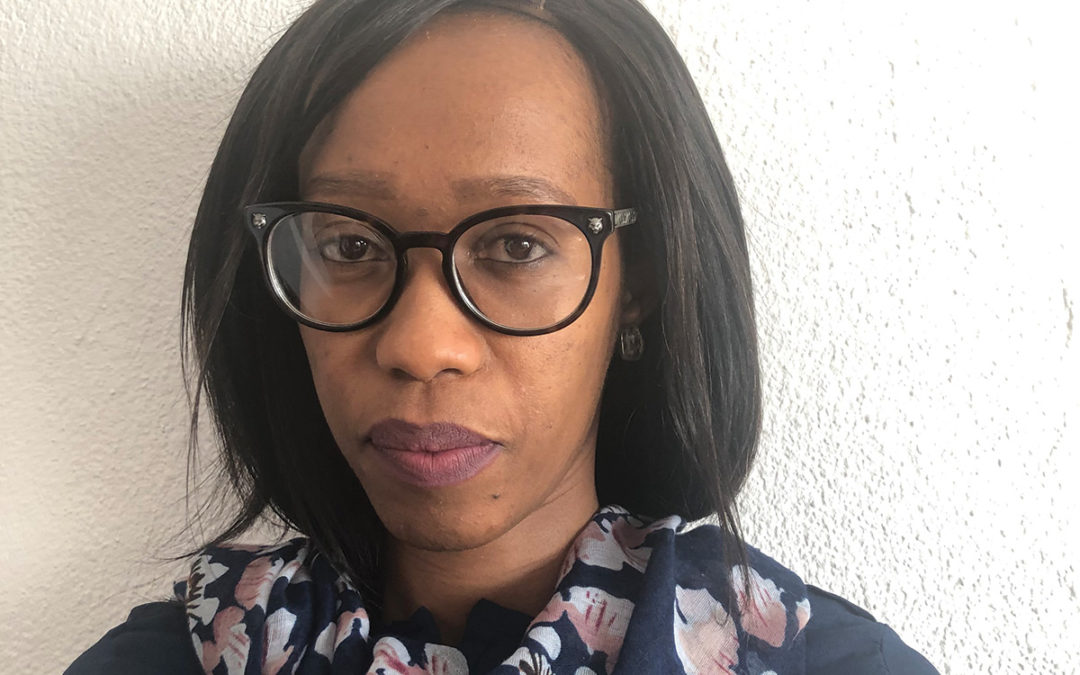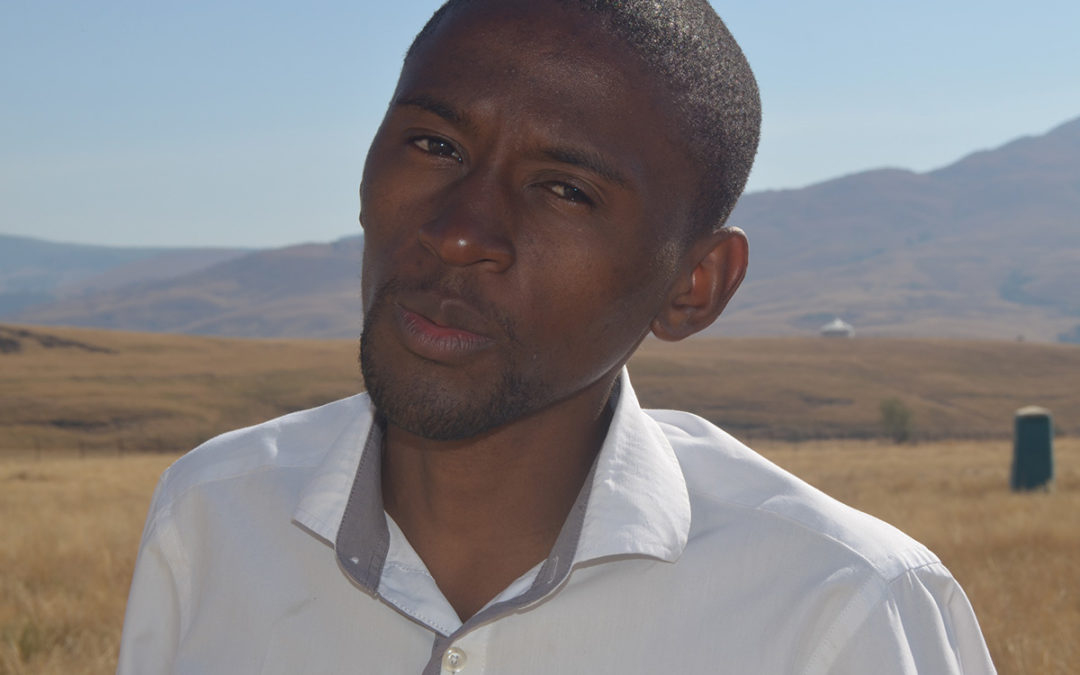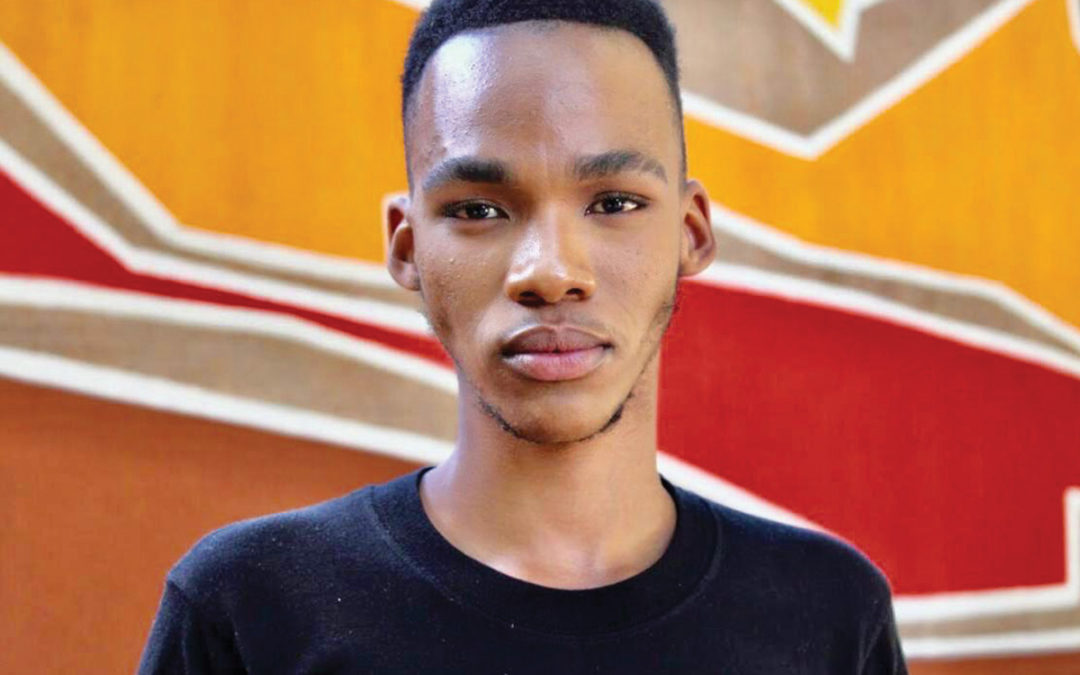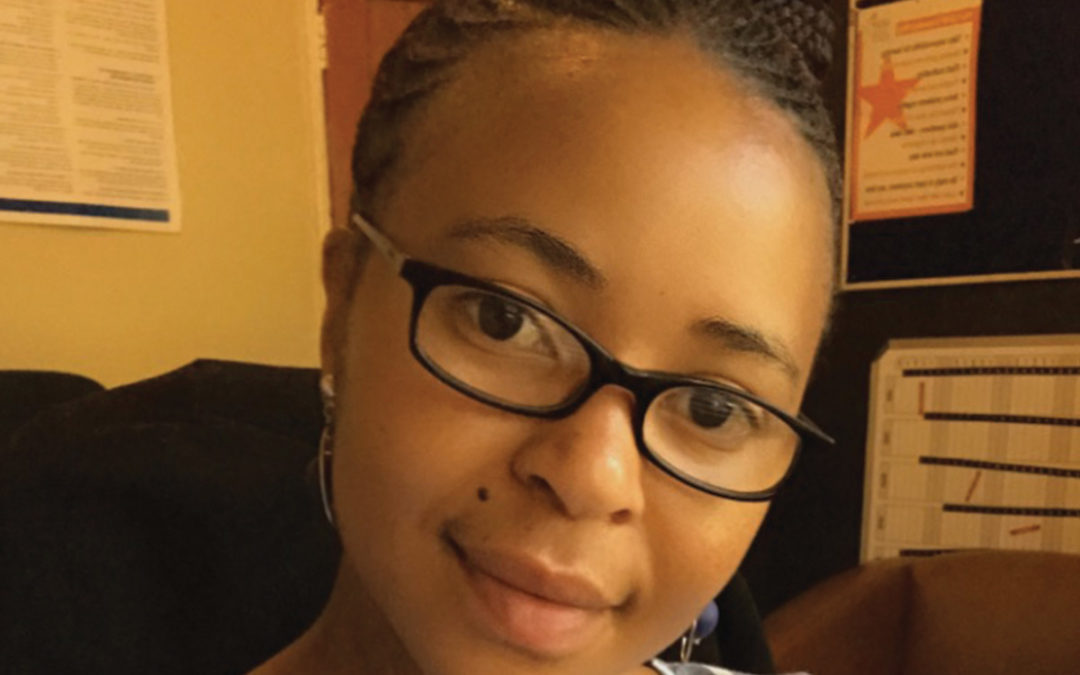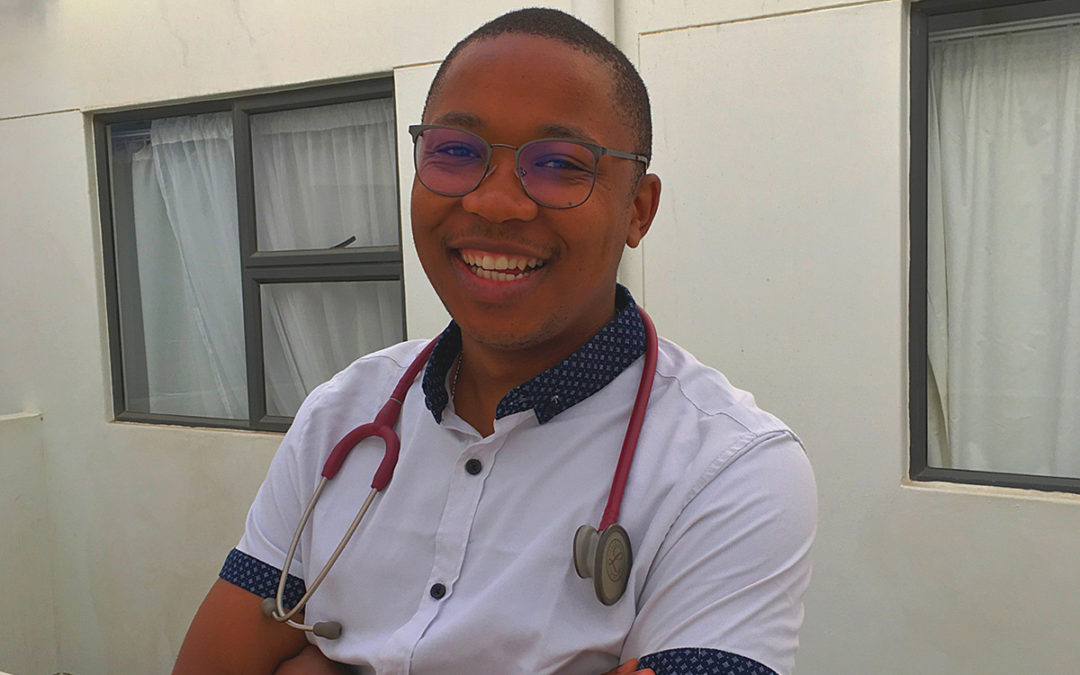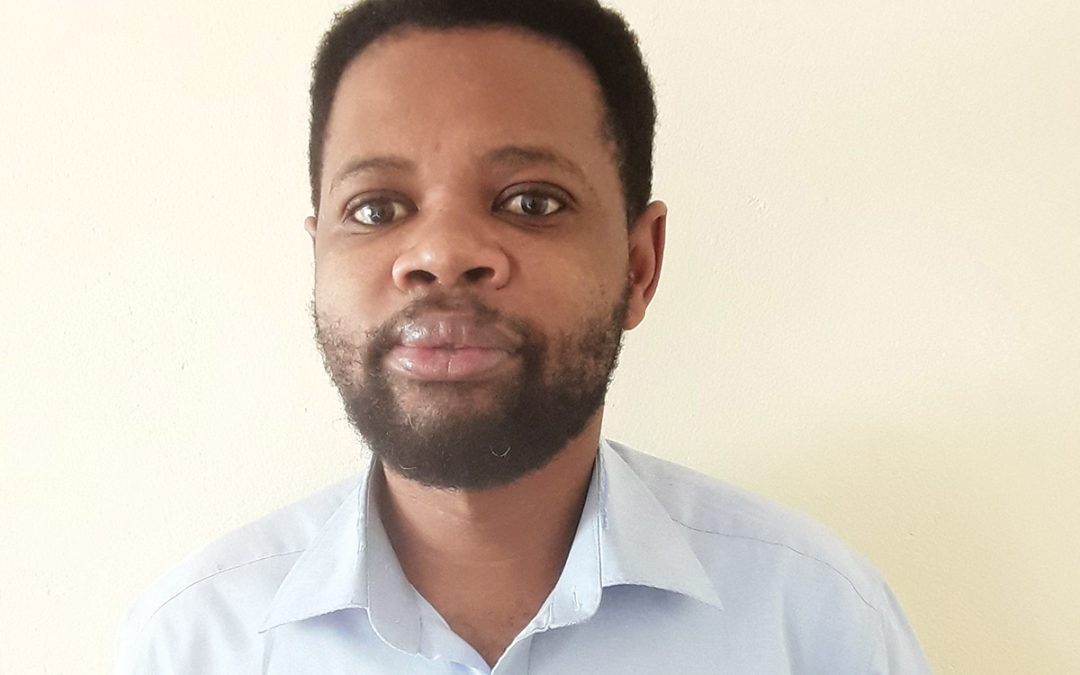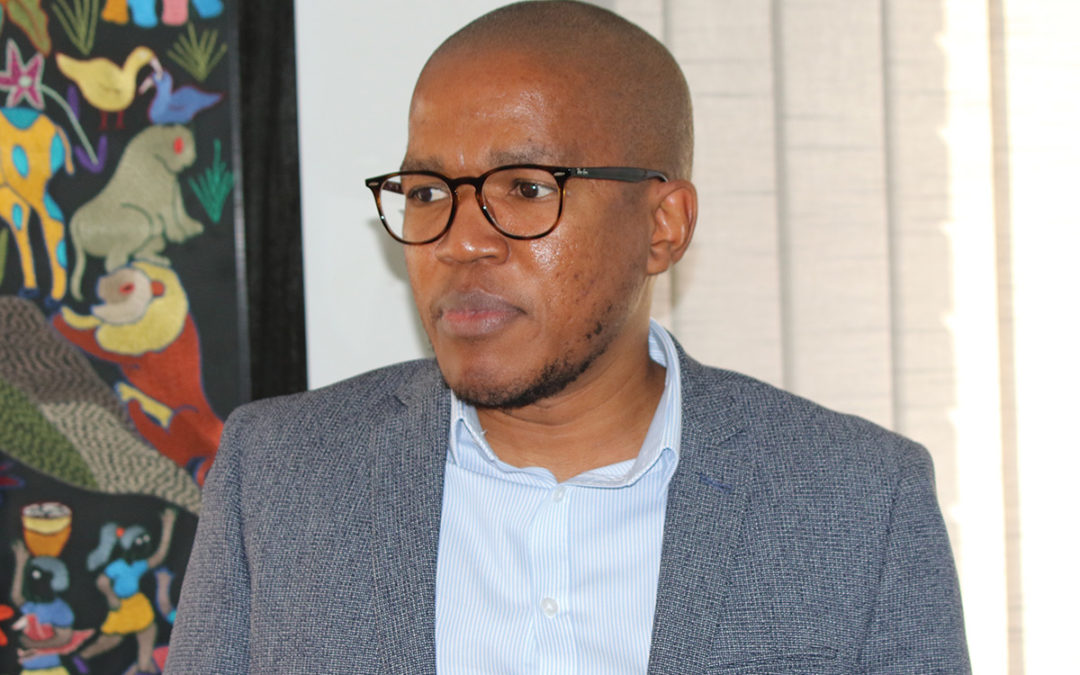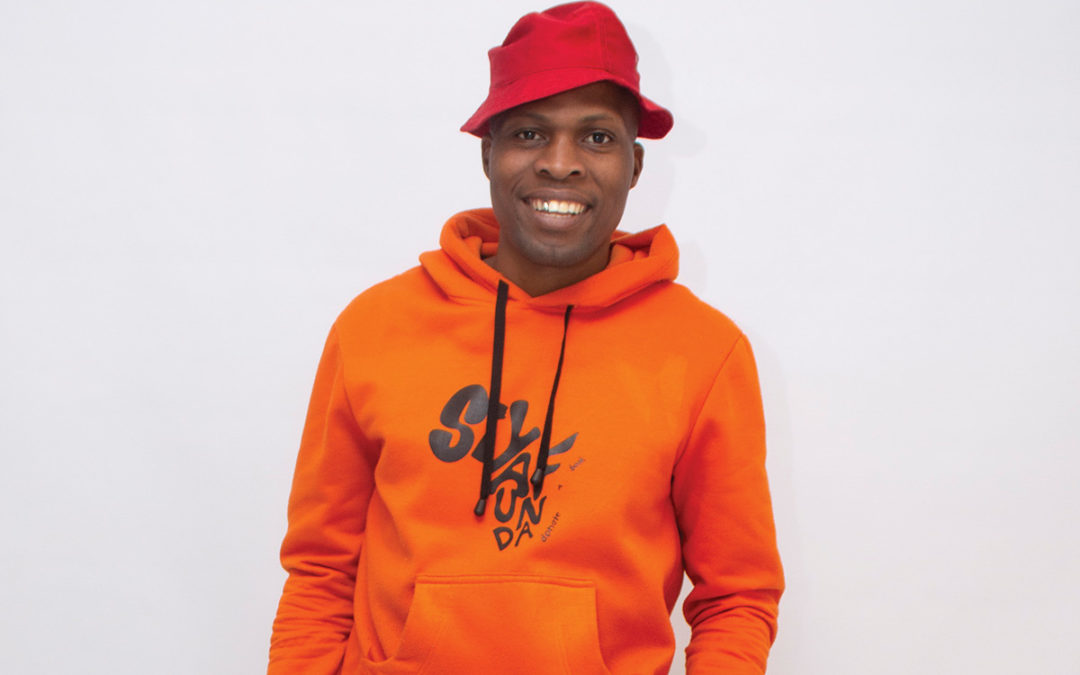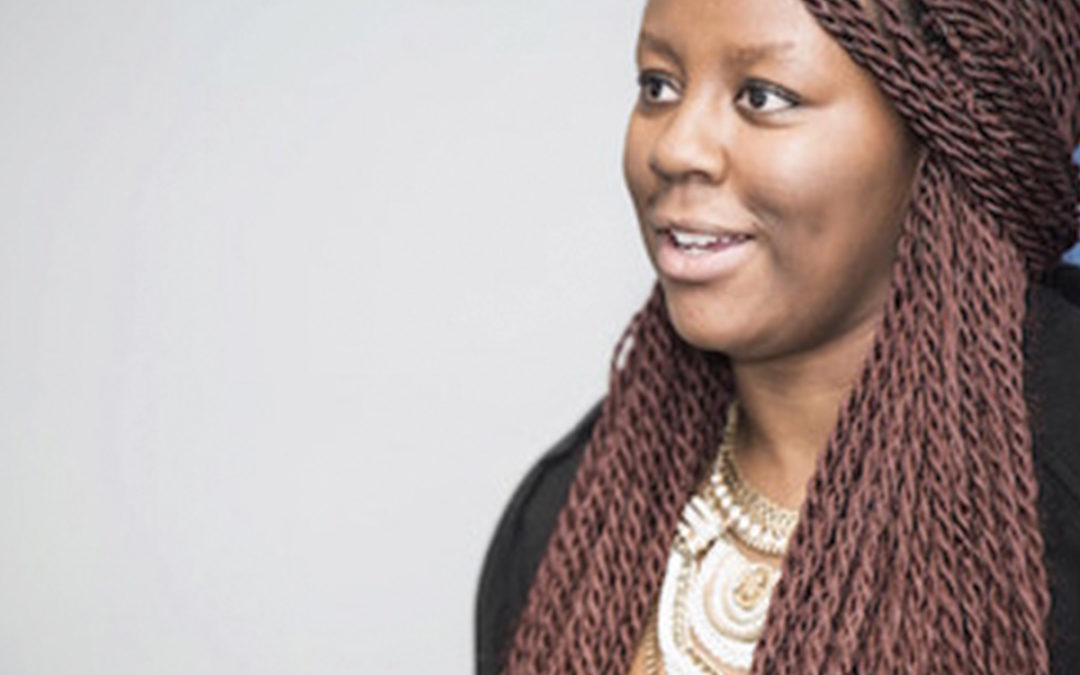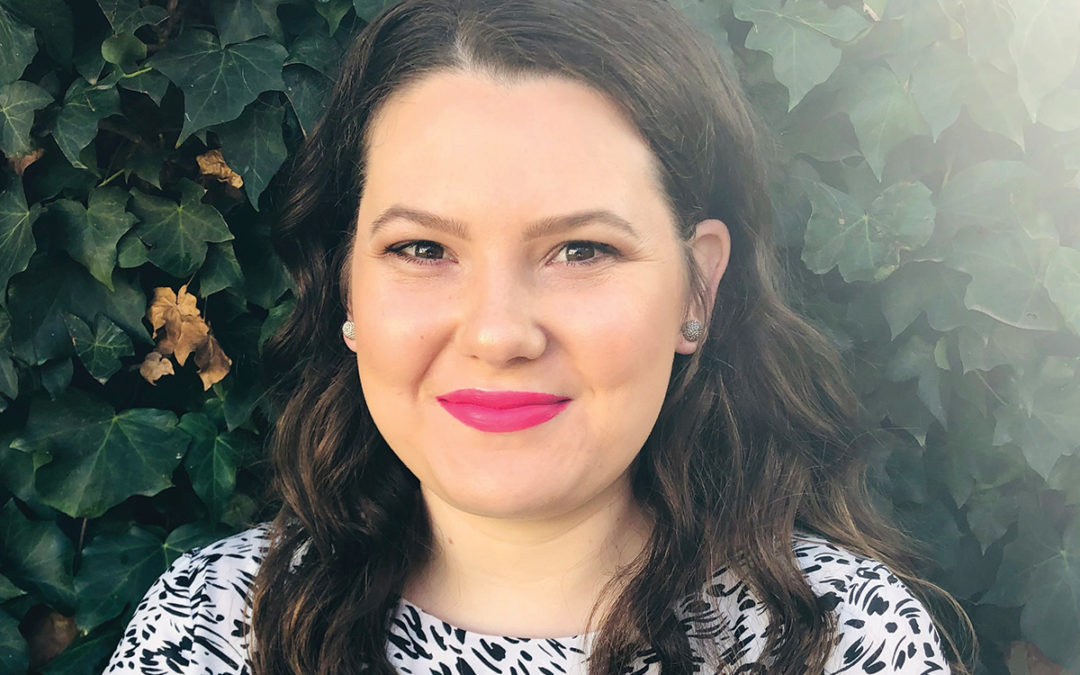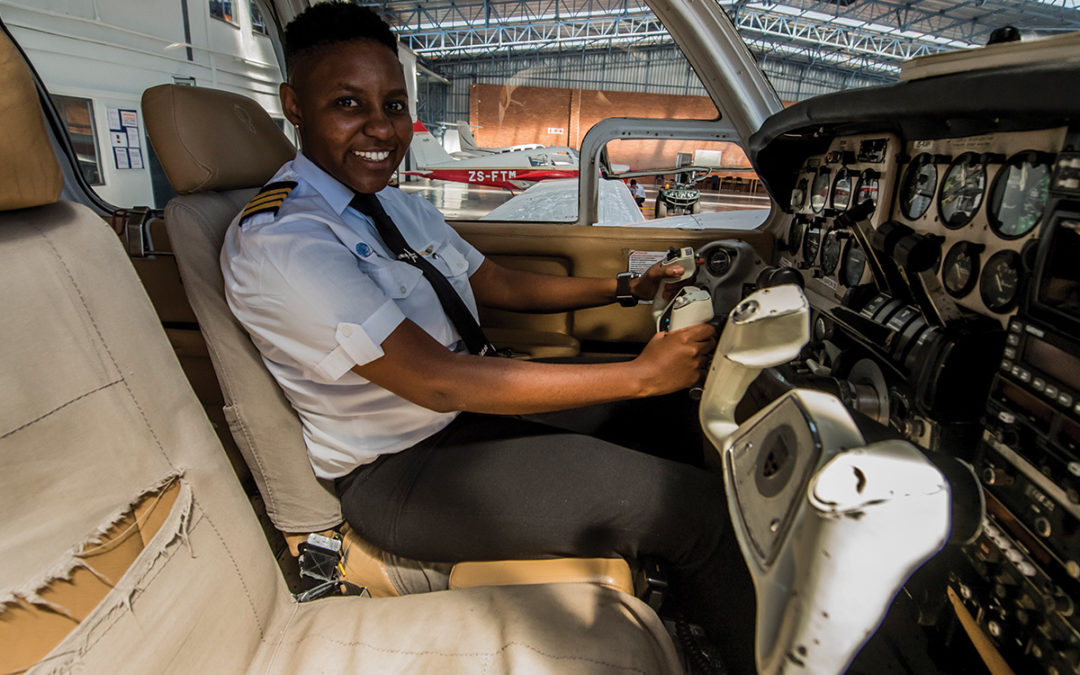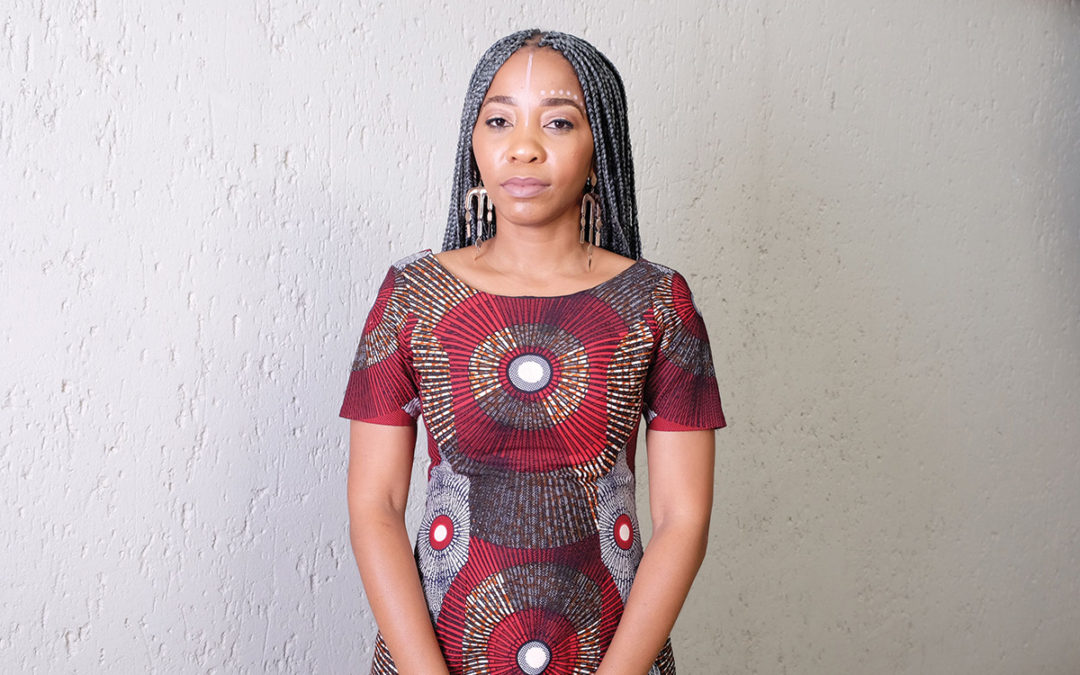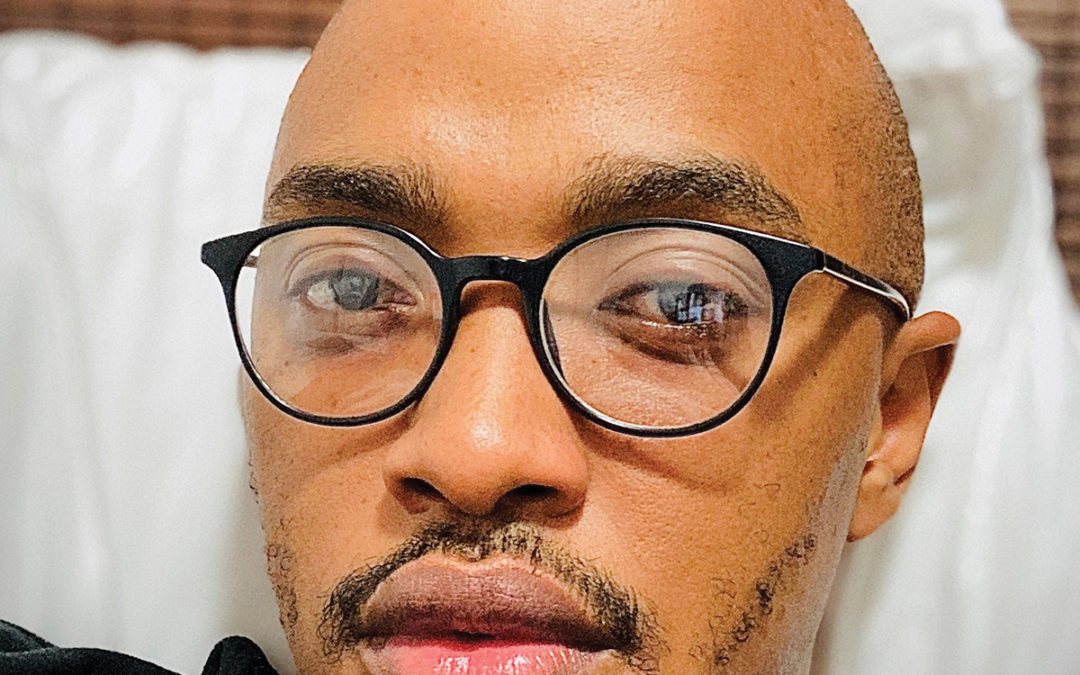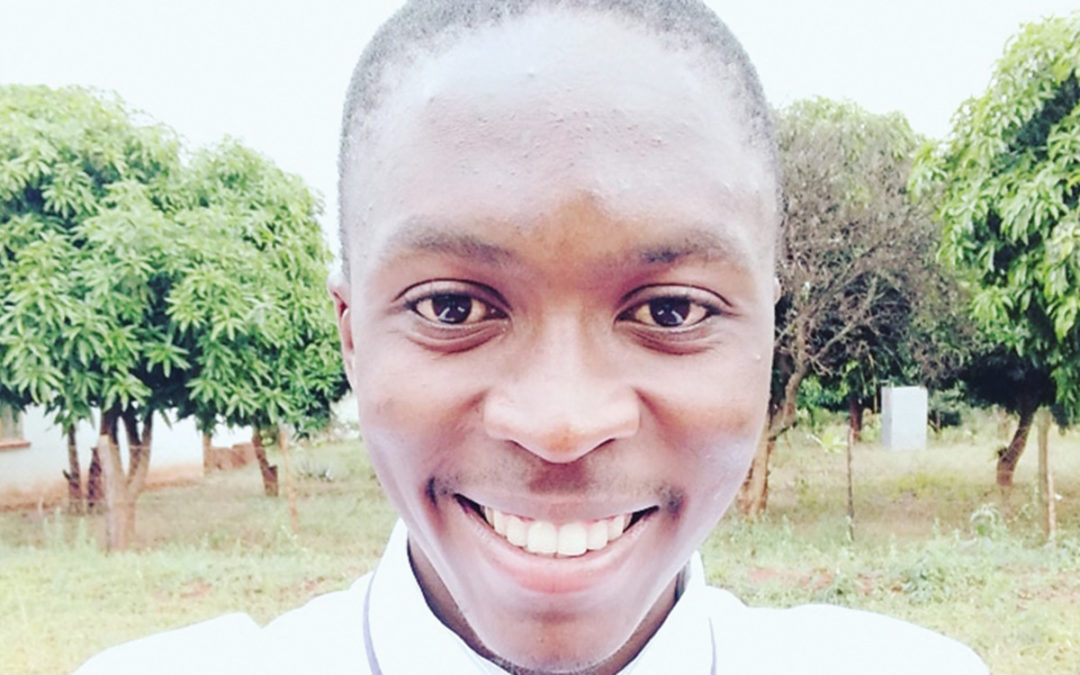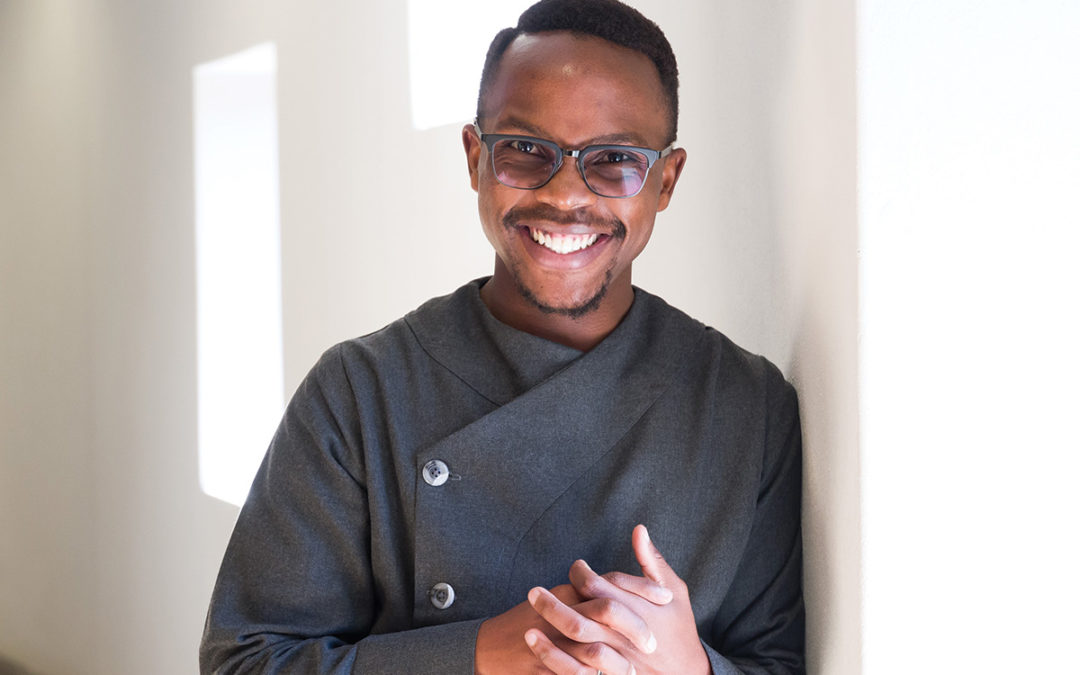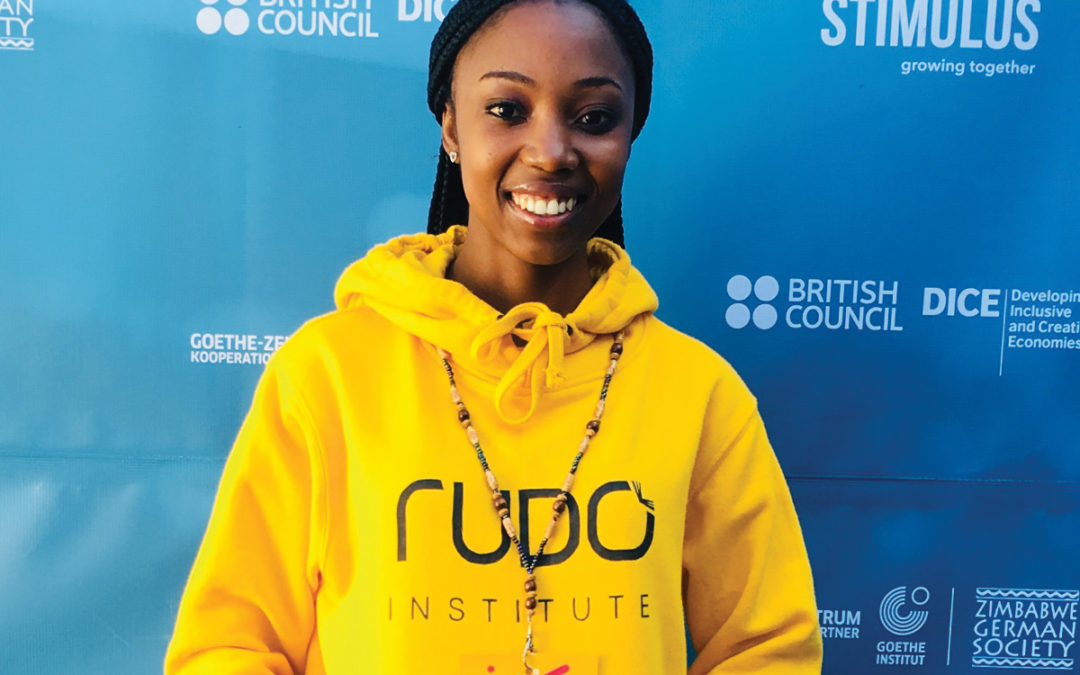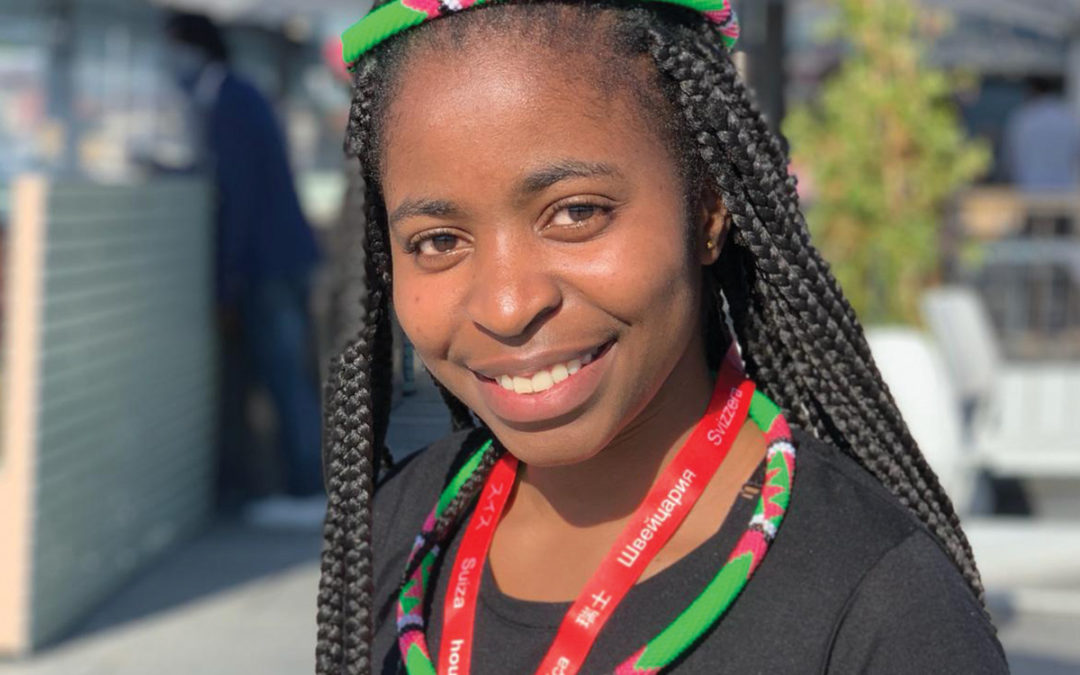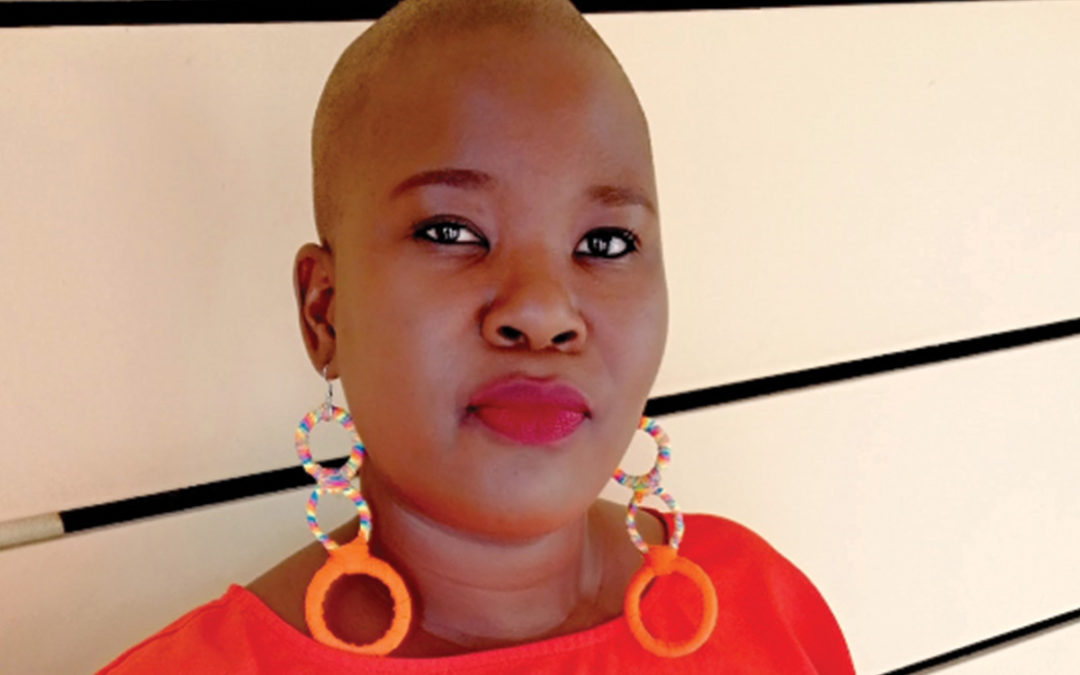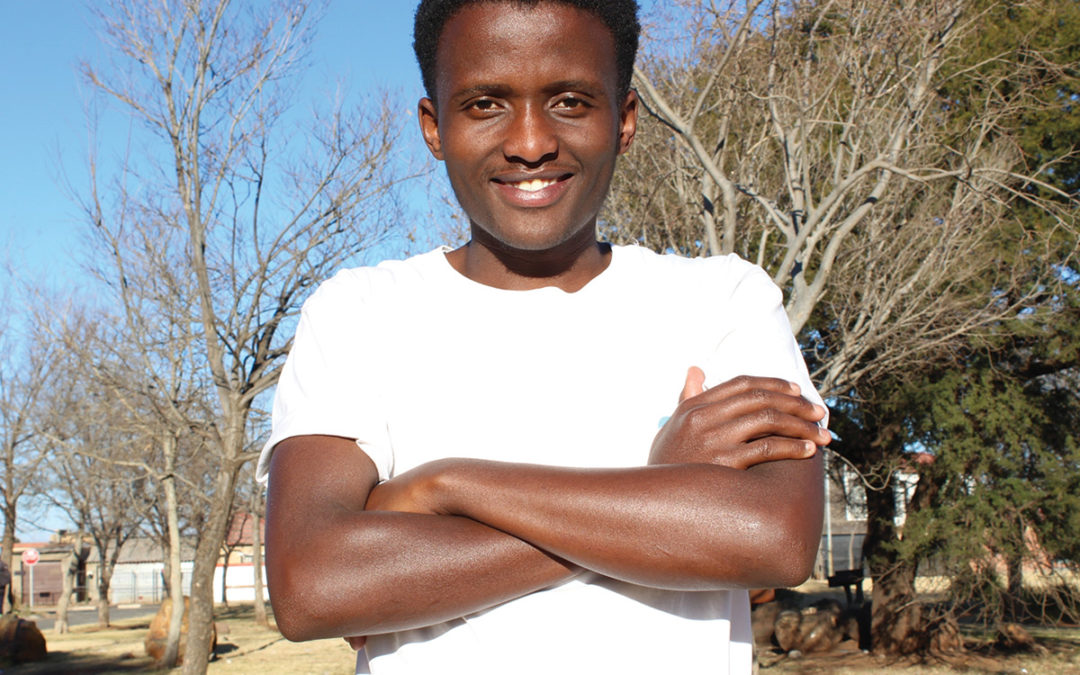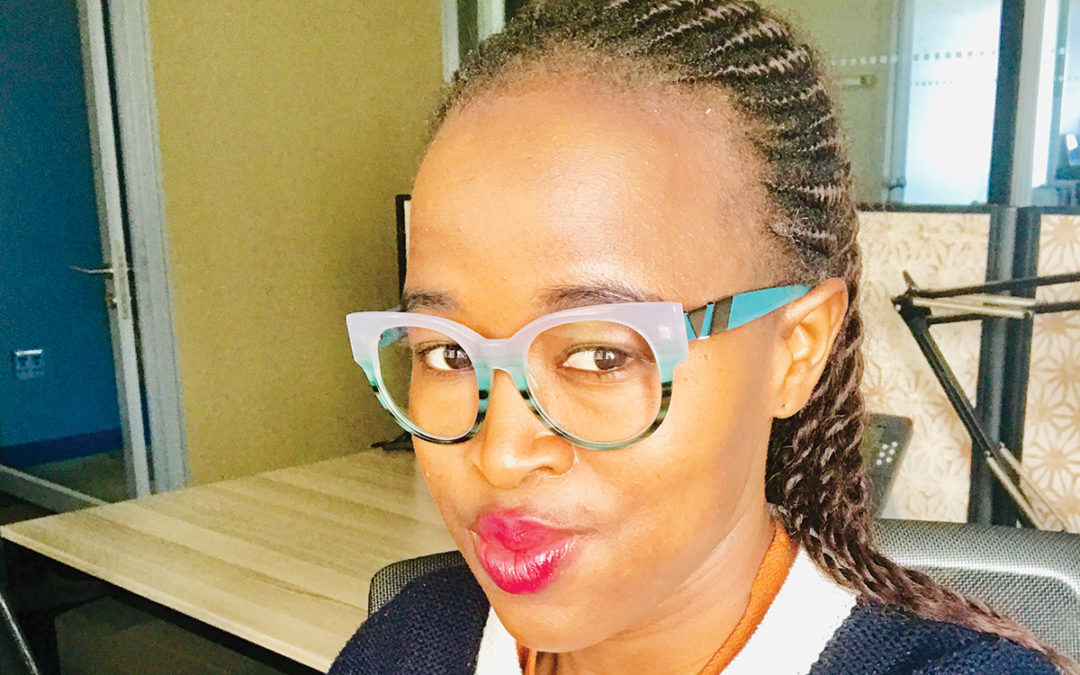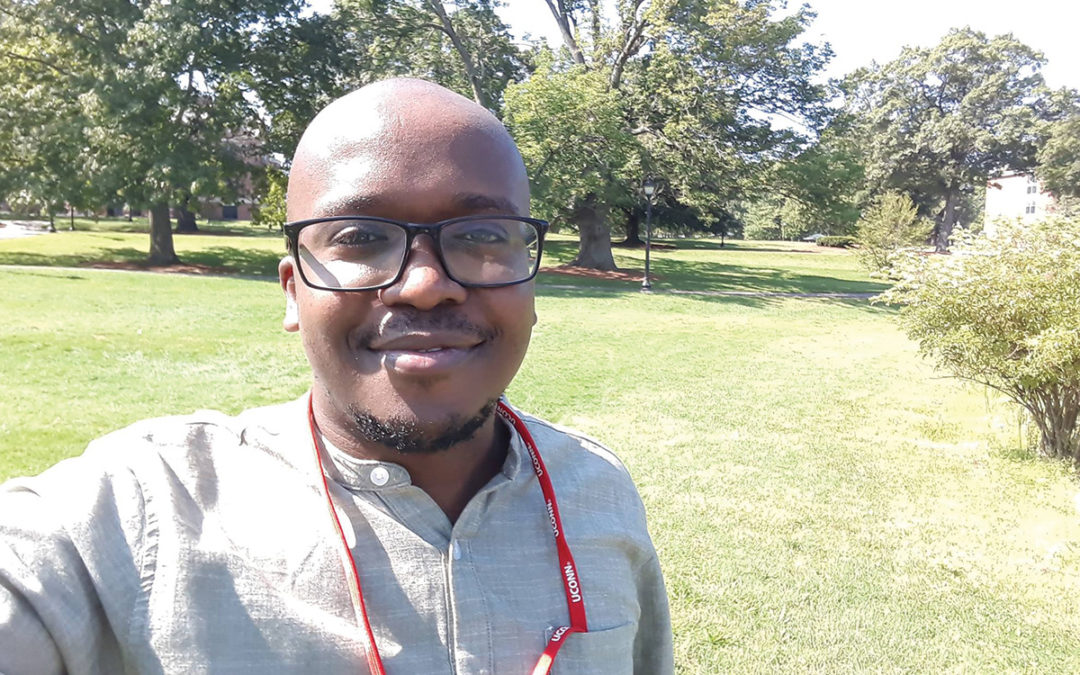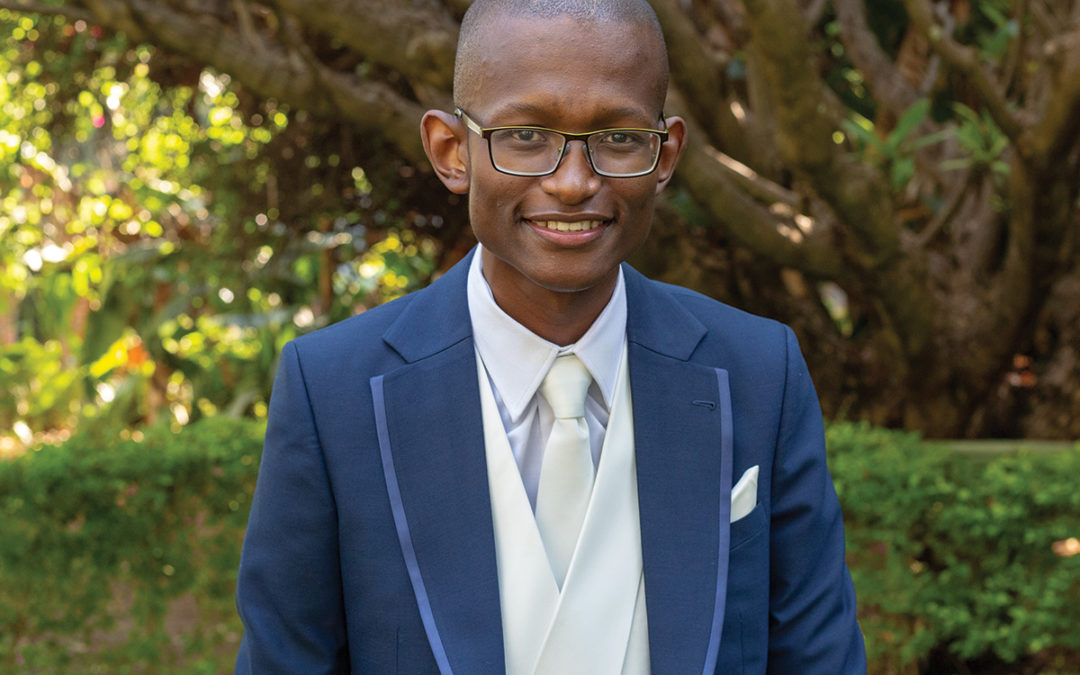In her research and teaching, Nosipho Mngomezulu strives to decolonise and transform academic approaches to projects with the aim of developing methods to better equip students for the challenges of the 21st century in Africa.
As an anthropology lecturer at the University of the Witwatersrand, Mngomezulu has for the past five semesters, worked to re-imagine the epistemic legacies of anthropology. “Few students are aware of what anthropology is when they begin their studies, and many are dismayed to learn that they have historically been the objects of anthropological inquiry and feel alienated by the subject,” she says.
Once believing that she needed to figure things out alone, Mngomezulu has come to understand that this was created by the imposter syndrome, which makes people think they’re a fraud and don’t deserve their what they have and their accomplishments.
Working with community-based organisations in the Eastern Cape taught her that there is a wealth of generosity, creativity and grace, which are evident when one doesn’t have a narrow vision of what knowledge is. “The experience of working in community engagement has taught me to be a better listener … I learned a great deal from learning to listen deeply, trusting the value of my voice among other voices and understanding that there are many ways to advocate for change,” she says.
She adds that her task is to assist students to “think critically about why and how difference has come to be seen as a problem to be solved in a world that is always and already entangled and mutually dependent. Far from looking for the ‘other’ out there, it is my role to help students understand how narratives help shape how we see ourselves and other people.”
